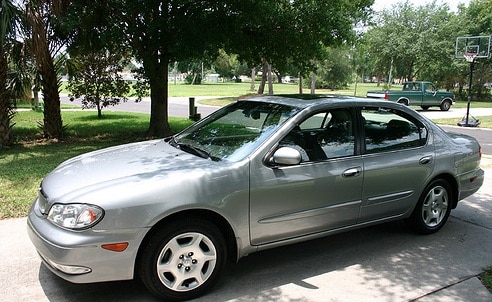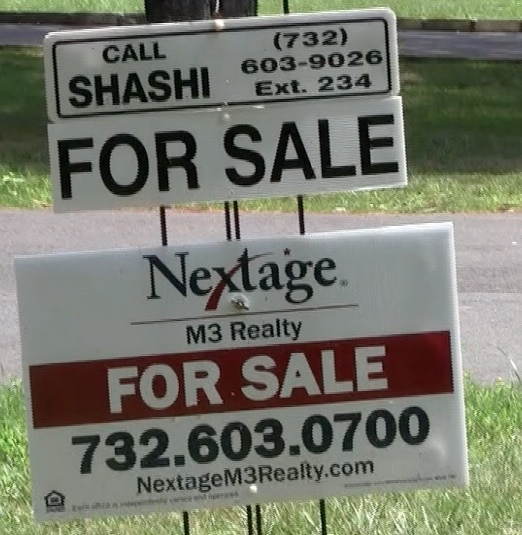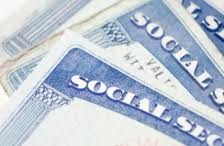President Obama upped the ante on immigration with a call for speedy action on an immigration bill. At a White House naturalization ceremony for 28 men and women he said, “I expect a bill to be put forward. I expect the debate to begin next month. I want to sign that bill into law as soon as possible”
Both Republicans and Democrats in Congress are working on immigration bills to create a path to citizenship for an estimated 11 million undocumented immigrants.
The President’s rallying cry was, “So let’s get this done, and let’s do it in a way that keeps faith with our history and our values.”











